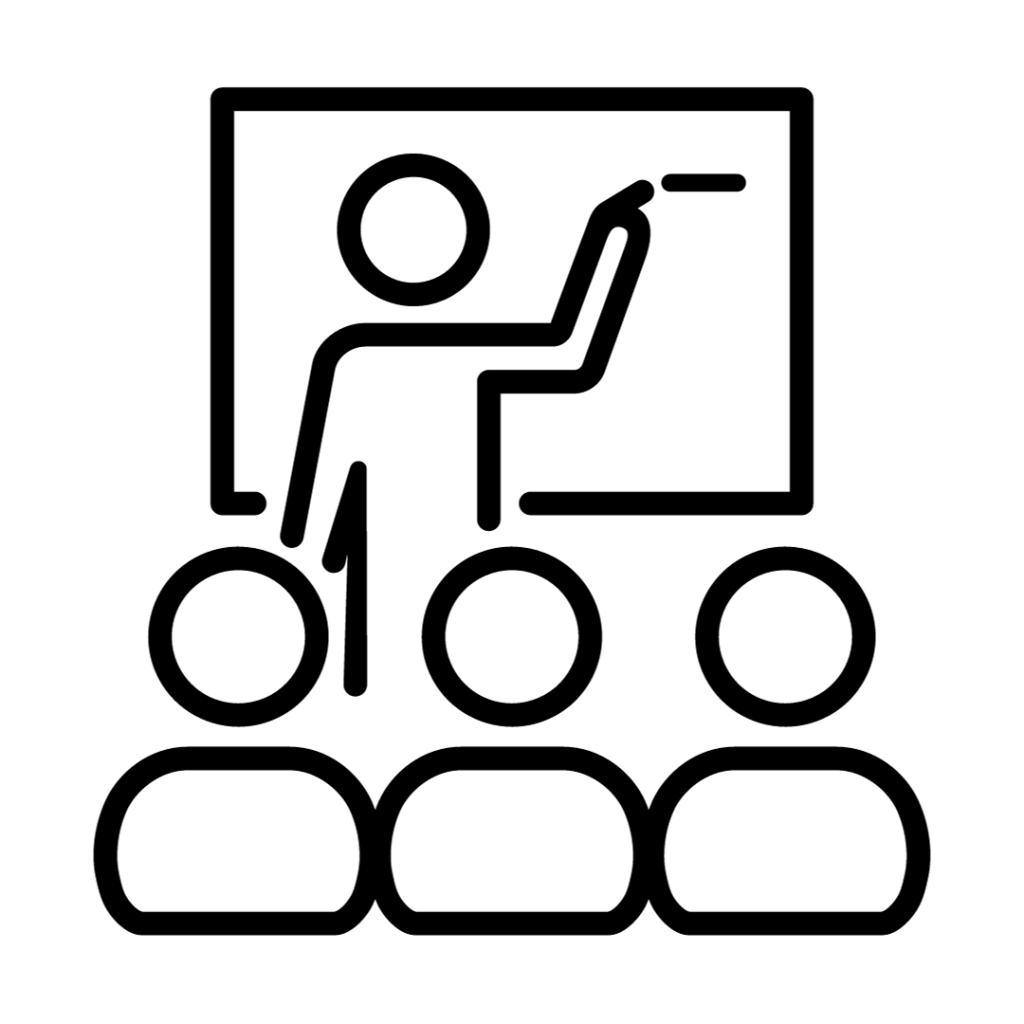Our Approach

How can we both contend with and take advantage of generative artificial intelligence in our teaching? GAI systems can produce responses to homework problem sets, to essay assignments, and to take-home exam questions. It has capabilities ranging from producing text, code, music and images to actually solving problems. The question then, is whether GAI is a powerful tool for us to run with or an existential threat to higher education? The answer is both.
While it’s true that our students could previously draw upon various resources to assist in the completion of assignments, the ease-of-use, free access, and high performance of GAI systems have raised this to a new level. As teachers, we need to assess and anticipate how best to adapt to, accommodate, incorporate, exploit, innovate with, regulate and evaluate GAI tools in our courses, in our mentoring, and in our assessment of students. With that in mind, there are three principles that are guiding our work this year:
- Maintaining the integrity of our courses
- Ensuring that students and instructors know how to use these tools effectively in the classroom
- Preparing our students to use them effectively in the world
As we seek to abide by these principles, our challenge is to incentivize the level of engagement that leads to a deeper understanding and the development of the habits of mind we hope to instill in our students.
What’s Next
In line with the second principle listed above, the Bok Center is offering all FAS faculty and instructional support staff the opportunity to request customized workshops for their departments or programs designed to familiarize instructors with common AI use cases in the discipline and to explore effective practices for teaching and learning with AI. A request form is available here.
Informing Our Thinking
- “One Useful Thing” A Substack newsletter by Professor Ethan Mollick, Wharton School of the University of Pennsylvania.
- AI Pedagogy Project by by the metaLAB (at) Harvard within the Berkman Klein Center for Internet & Society
Contact Area Leads
Amanda Claybaugh
Samuel Zemurray, Jr. and Doris Zemurray Stone Radcliffe Professor of English
